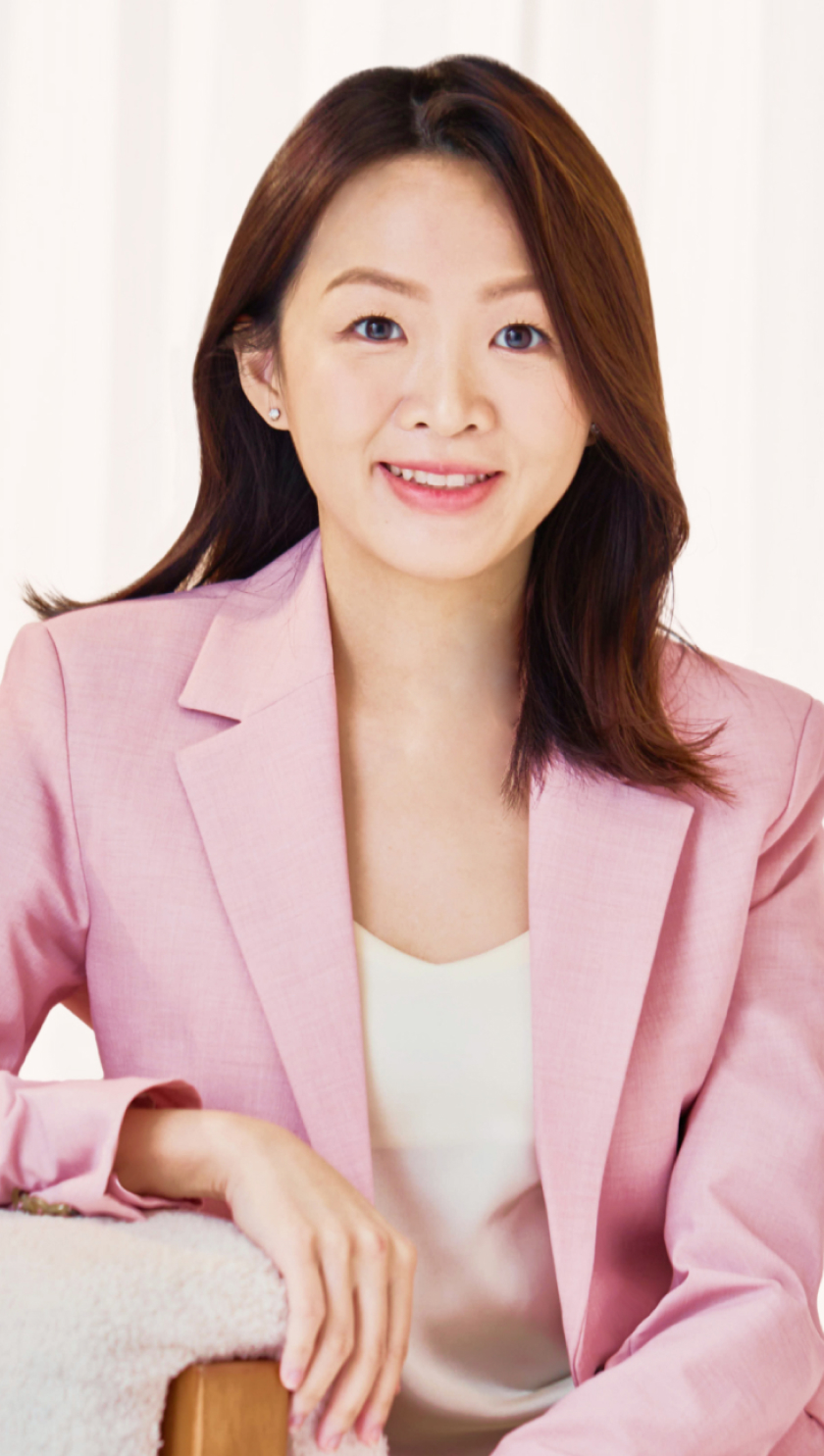Acne is a common skin condition among women that occurs when hair follicles become clogged with excess oil (sebum) and dead skin cells, leading to inflammation and bacterial growth. In women, acne can be attributed to hormonal fluctuations during menstruation, pregnancy, and menopause, or conditions such as polycystic ovary syndrome (PCOS).
Symptoms of acne in women can come in the form of:
Diagnosing acne requires a thorough examination of the skin, taking the distribution and extent of inflammation into consideration to determine the type and severity of lesions. Using this information, the dermatologist will advise you one the most suitable course of treatment. Early diagnosis and intervention can prevent the development of severe acne and minimise the potential for scarring.
Characterised by the presence of whiteheads and blackheads, comedonal acne results from hair follicles clogged by an accumulation of oil and dead skin cells, and more common for women during periods of hormone fluctuation.
Marked by red, tender papules and pus-filled pustules, inflammatory acne occurs when clogged pores become inflamed due to bacteria, oil, and dead skin cells, generally appearing during menstruation and hormonal changes.
Deep, painful, pus-filled lesions arising from extensive infection, inflammation, and damage to hair follicles and surrounding skin layers.
Often appearing around the jawline, chin, and cheeks, hormonal acne is typically more prevalent in women during menstruation, pregnancy, or menopause.
Large, solid, painful lumps beneath the skin’s surface resulting from deep-seated inflammation within the hair follicle. Women suffering from menstrual irregularities or polycystic ovary syndrome (PCOS) may be more susceptible to nodular acne.
Consult our MOH-accredited dermatologist for an accurate diagnosis and personalised treatment plan.
Book AppointmentYou can use your Integrated Shield Plans to pay for certain procedures. Speak to us to learn more, and you’ll be surprised at how affordable private healthcare can be.
We are dedicated to your skin health and well-being. Our results-oriented approach is suitable for a wide range of hair, skin and nail conditions. Consult our MOH-accredited dermatologist for a personalised treatment plan.

MBBS (S'pore) MRCP (UK) FAMS (Dermatology)
Dr. Lee Hwee Chyen is an accredited Adult & Paediatric dermatologist managing a wide range of skin, hair and nail conditions. The clinic provides services for medical, surgical, cosmetic, women’s and paediatric dermatology.

Feel free to drop by our our clinic and meet our specialist
101 Irrawaddy Road #16-09
Royal Square at Novena, Singapore 329565
 +65 8701 7662 (WhatsApp Enquiries Only)
+65 8701 7662 (WhatsApp Enquiries Only)
Mon - Fri (09:00am - 05:30pm)
Sat (09:00am - 1:00pm)
Sun & Public Holidays (Closed)